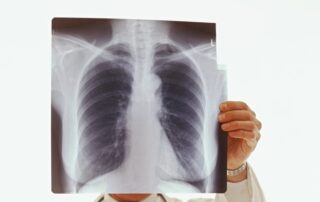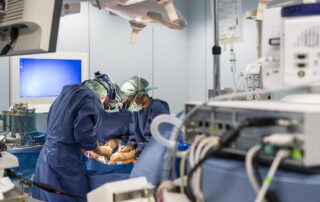Long working hours may alter brain structure, preliminary findings suggest
Overwork may induce neuroadaptive changes that affect cognitive and and emotional health Long working hours may alter the structure of the brain, particularly the areas associated with emotional regulation and executive function, such as working memory and problem solving, suggest the findings of preliminary research, published online in Occupational & Environmental ...









